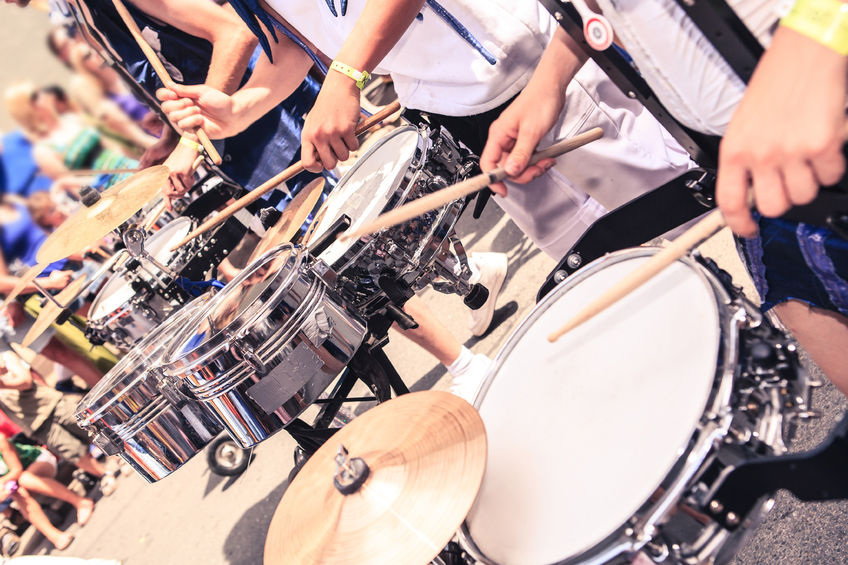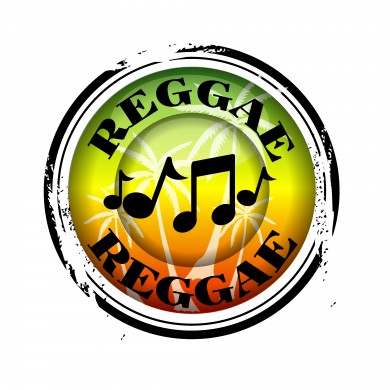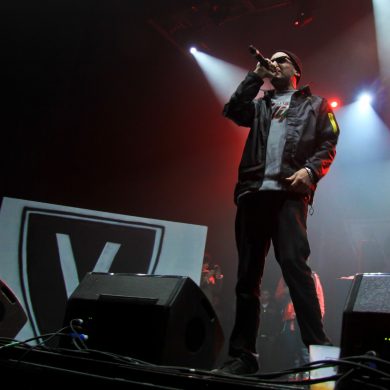Since the 1980s, Bahians have been dancing to the wild choreography of axé, a samba-reggae typical of the carnival of Salvador de Bahia.
A fusion of traditional musical styles and Caribbean influences, the contemporary Brazilian sound of Axé has quickly gained the love of the country.
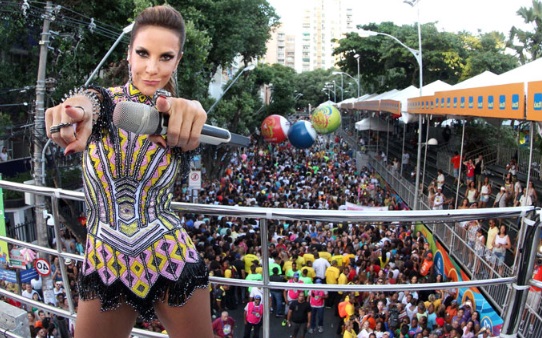
The carnival of Bahia, a place of musical infusion
The appearance of axé is inseparable from the history of Salvador de Bahia and its carnival. First capital of the country from 1549 to 1763, it became the hub of slavery. Nicknamed the Black Rome, Salvador claims to be the most African city in Brazil with its culinary, cultural and religious traditions inherited from slaves from Nigeria.
The word axé, of Yoruba origin (African ethnicity), refers to a religious greeting of candomblé and means “positive energy”. Full of joie de vivre, this musical style, like many others in Brazil, draws its roots from these typical rhythms based on percussion and drums.
Trios eléctricos and Axé, national popularity
Axé would be born on electric guitars interpreting frévo from Pernambuco at the beginning of the “trios éléctricos” of Salvador. Thanks to a mixture of Nordic and Caribbean rhythms (reggae, calypso …) coated with pop rock, the music doubles as a dance mixing folk elements, hip hop and jazz that would build its success in the 90s throughout Brazil.
Always very popular during the carnival thanks to the likes of Ivete Sangalo and Daniela Mercury, it electrifies the Bahians thanks to its more or less light songs, true hymns of this Afro Brazilian culture indigenous to Salvador. A further point worth mentioning for existing fans of this much loved genre is that Bel Marques, a successful Axé musician, has separated from his famous group “Chiclete com banana” and now tours solo.
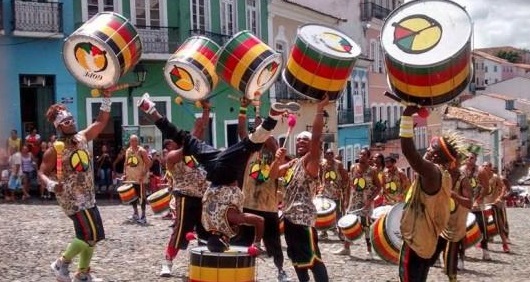
Salvador de Bahia and the festive rhythm of samba reggae
It was Antonio Luiz Alves de Souza, nicknamed Neguinho de Samba, who brought reggae from the 70s to Afro-Brazilian carnival music, a fusion accentuated by the arrival of Jimmy Cliff to play in Salvador in 1981.
